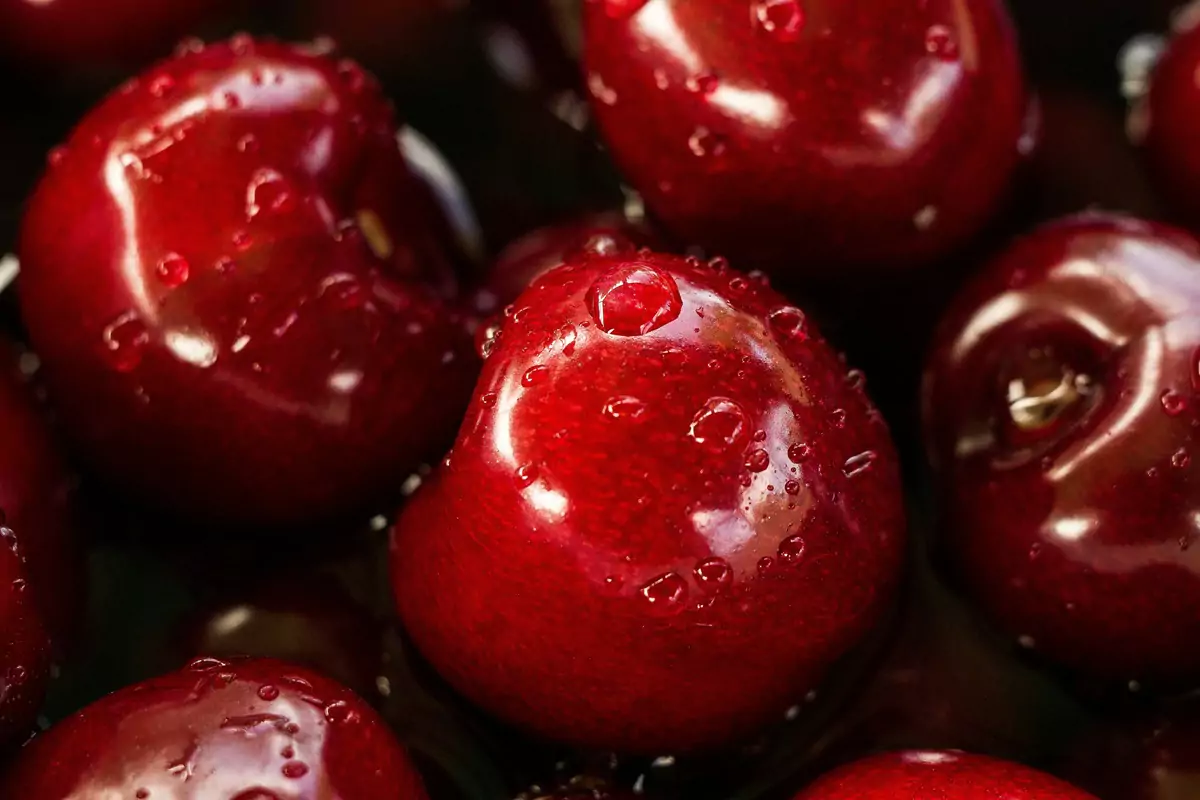A recent report by Générations Futures has revealed alarming levels of pesticide residues in non-organic fruit, vegetables and cereals sold in France. The study, which analysed 1,996 samples from 35 types of food, found that 62% of the samples contained at least one pesticide residue, with 54% having quantifiable amounts.
Générations Futures, an environmental protection association approved by the French Ministry of Ecology since 2008, published the findings of its latest study on 17th December, focusing on “the frequency of detection of pesticide residues in non-organic plant foods and their detection frequencies according to their hazard classes.”
The eye-opening report indicates that fruits are the most likely to contain pesticide residues, with 80% of samples testing positive. Among vegetables, 48% contained residues, while cereals showed a detection rate of 56%. Wines were not exempt from the study, with 73% of samples containing pesticide traces. Certain fruits showed particularly concerning results, with 100% of cherry, 98% of grape and 97% of clementine samples found to contain residues.
Exceeding the Maximum Residue Limits (MRLs) was most frequent in passion fruit (15%), ready-to-eat olives (13%) and rice (11%).
The study also investigated hazardous substances classified as carcinogenic, mutagenic or reprotoxic (CMR). Over half—56%—of the fruits analysed contained at least one CMR pesticide residue, with cherries (90%), limes (88%) and clementines (84%) being the most affected. For vegetables, 23% contained CMR residues, with fennel, salads and zucchini being the most frequently contaminated. Similarly, 32% of wines and 17% of cereals contained CMR residues.
Endocrine disruptors and PFAs residues
Endocrine-disrupting (ED) pesticide residues were also prominent, detected in 67% of fruit samples. Clementines, grapes, plums and cherries had the highest rates, with up to 92% of samples containing endocrine-disrupting substances. Vegetables such as cucumbers, cereals and wines were also frequently contaminated, with rates of 62%, 32%, and 32%, respectively.
The presence of per- and polyfluoroalkyl substances (PFAs) pesticide residues was another significant finding. These “forever chemicals” were detected in 34% of fruit samples, with cherries and strawberries showing the highest contamination rates. Among vegetables, 21% tested positive for PFAS residues, with cucumbers and endives being the most frequently affected.
Fluopyram, a fungicide in the PFAS chemical family, was identified as the most commonly detected active substance.
Générations Futures has called for immediate action to reduce pesticide residues in food, emphasising the serious health risks posed by CMR, ED and PFAS substances.
See more: Ambition Bio 2027: France’s plan to encourage more people to buy organic produce
The organisation has urged the French government to implement measures supporting organic farming and to promote organic food consumption, particularly in collective catering. Additionally, it has called for the revival of the Ecophyto plan, a French-based European directive that aims to reduce the use of plant protection products by 50% within 10 years through binding targets to significantly reduce pesticide use in agriculture.
The report also underscores the pressing need for regulatory changes to safeguard public health and minimise the environmental impact of chemical pesticides.
Read related:
Monaco Life is produced by real multi-media journalists writing original content. See more in our free newsletter, follow our Podcasts on Spotify, and check us out on Threads, Facebook, Instagram, LinkedIn and Tik Tok.
Photo credit: Roksolana Zasiadko, Unsplash
